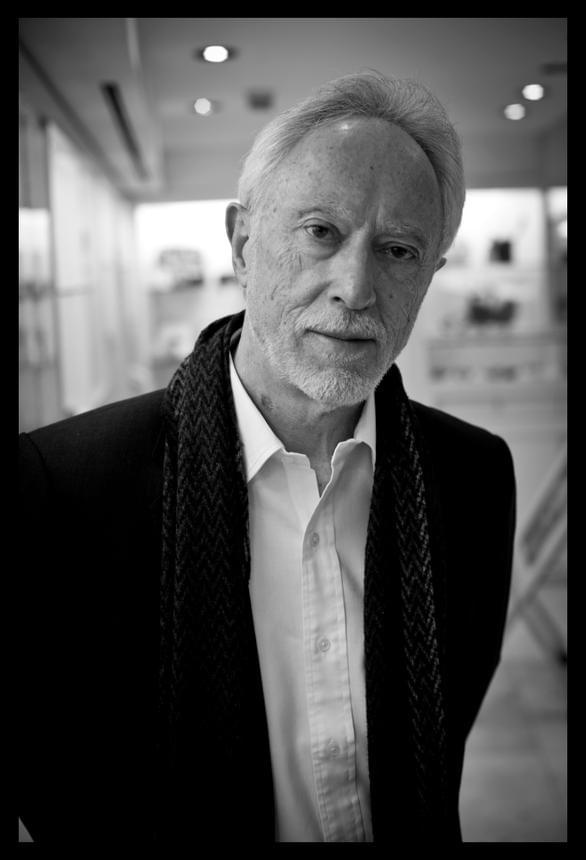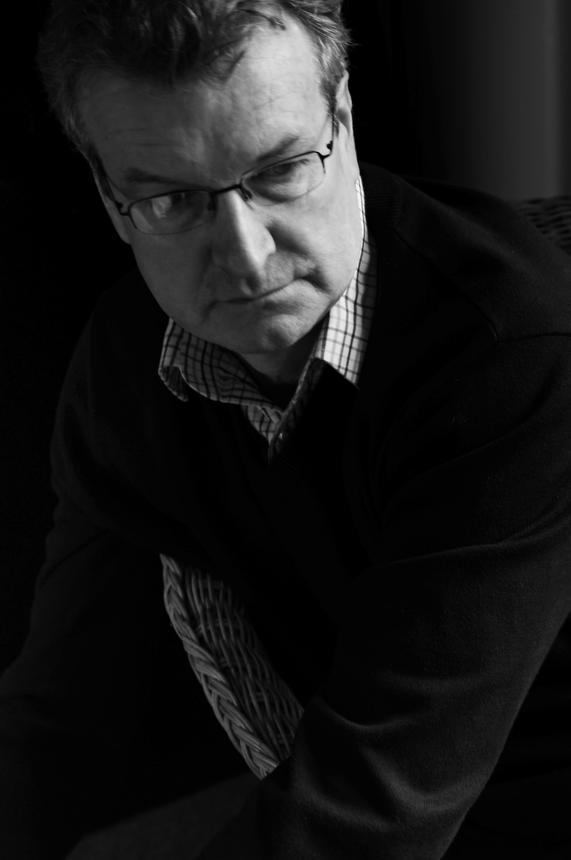Foe
J. M. Coetzee
Introduction by Peter Goldsworthy
In a world of chance is there a better and a worse? We yield to a stranger’s embrace or give ourselves to the waves; for the blink of an eyelid our vigilance relaxes; we are asleep; and when we awake, we have lost the direction of our lives.
In this extraordinary novel J. M. Coetzee asks his readers to re-imagine Daniel Defoe’s Robinson Crusoe. It is the early 1700s. A young woman, Susan Barton, washes ashore on a remote island, populated only by Cruso and Friday, his mute slave. It will finally fall to Barton, having been rescued, to tell their tale of survival—but in order to do that she must grapple with the nature of storytelling itself.
andFoe
‘A small miracle of a book…of marvellous intricacy and overwhelming power’
‘At sentence level, [Coetzee] is, of course, a model of clarity – think of the dry and unornamented perspicuity Coetzee brings to bear in his fiction, the fastidiousness of thought…Yet the cumulative effect of this approach is not arid intellection but organic feeling: full-fleshed, mysterious and often extreme.’
‘A major force in contemporary writing. A master, in fact.’
 The Pole and Other Stories$0.00
The Pole and Other Stories$0.00 Late Essays: 2006–2017$0.00
Late Essays: 2006–2017$0.00 Inner Workings: Literary Essays 2000–2005$0.00
Inner Workings: Literary Essays 2000–2005$0.00 Stranger Shores: Essays 1986-1999$0.00
Stranger Shores: Essays 1986-1999$0.00 The Death of Jesus$0.00
The Death of Jesus$0.00 Summertime$0.00
Summertime$0.00 Youth$0.00
Youth$0.00 Boyhood$0.00
Boyhood$0.00 Slow Man$0.00
Slow Man$0.00 Elizabeth Costello$0.00
Elizabeth Costello$0.00 Age of Iron$0.00
Age of Iron$0.00 Dusklands$0.00
Dusklands$0.00 In the Heart of the Country$0.00
In the Heart of the Country$0.00 Disgrace$0.00
Disgrace$0.00 Life & Times of Michael K$0.00
Life & Times of Michael K$0.00 The Master of Petersburg$0.00
The Master of Petersburg$0.00 Waiting for the Barbarians$0.00
Waiting for the Barbarians$0.00 The Schooldays of Jesus$0.00
The Schooldays of Jesus$0.00 The Schooldays of Jesus$0.00
The Schooldays of Jesus$0.00 Three Stories$0.00
Three Stories$0.00 The Childhood of Jesus$0.00
The Childhood of Jesus$0.00 Diary of a Bad Year$0.00
Diary of a Bad Year$0.00






